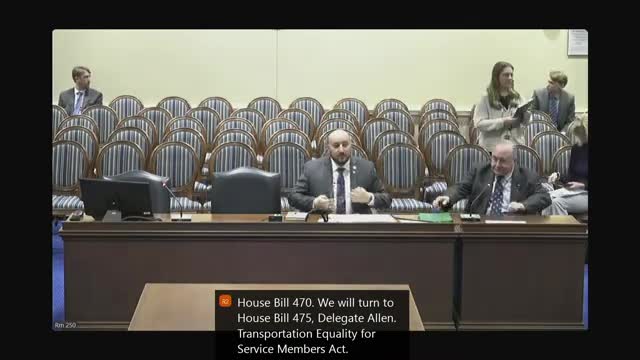Article not found
This article is no longer available. But don't worry—we've gathered other articles that discuss the same topic.
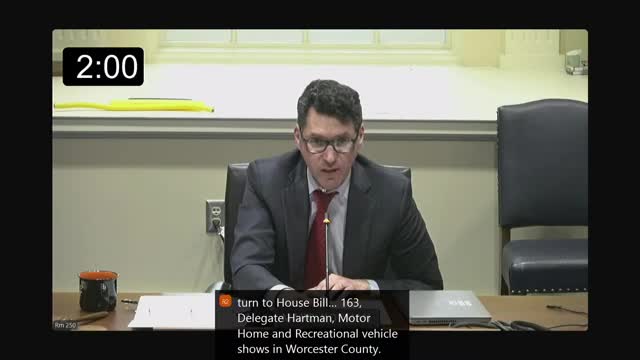
Worcester County, promoters and tourism groups back allowing out‑of‑state RV dealers to display at Ocean City shows

SHA, farmers and industry groups back unified exceptional hauling permit for farm products
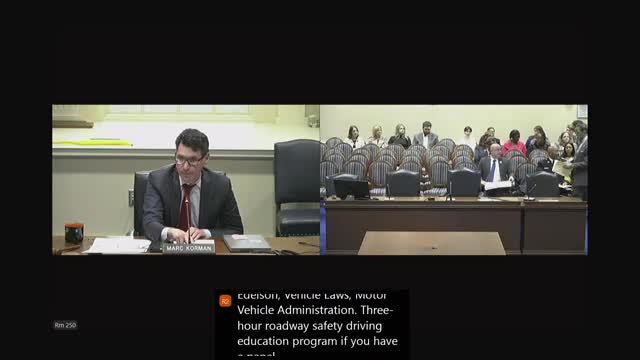
Bill would expand 3‑hour exchange education to cover Maryland driving rules for out‑of‑country license holders; MVA supports curriculum update
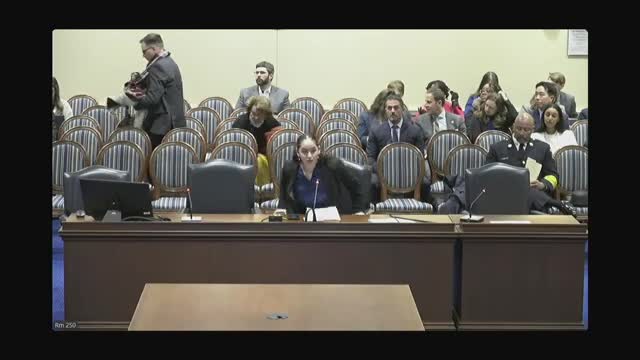
Bill would make medical exemptions for advanced vehicle window tinting permanent for chronic conditions
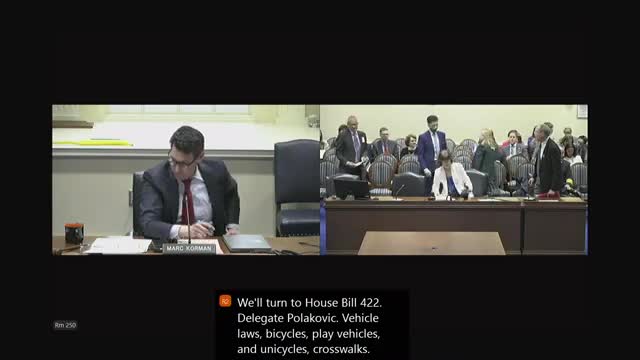
Bill would let bicyclists proceed with pedestrian walk signal at intersections; safety advocates and counties support measure
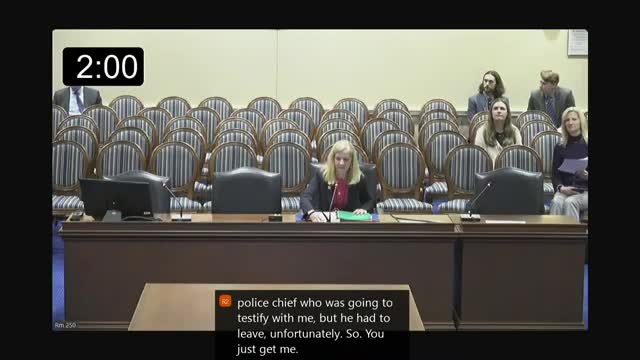
Sponsor seeks criminal liability removal for obscured or modified registration plates to aid tolling and enforcement
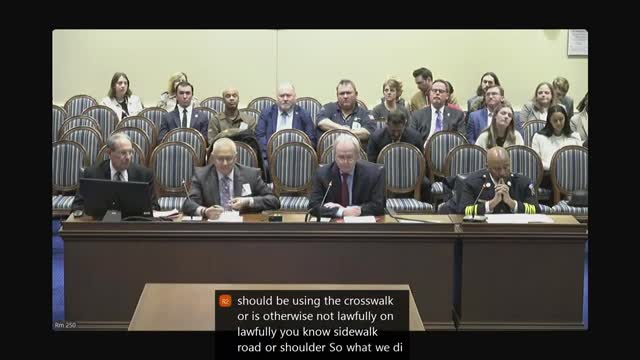
Bill expands penalty exposure when drivers injure or kill vulnerable road users; advocates back consistent, broader coverage
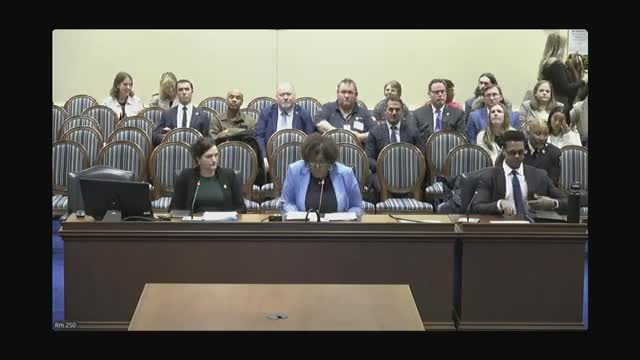
Baltimore City seeks authority to remove vehicles of new residents who fail to register within 60 days
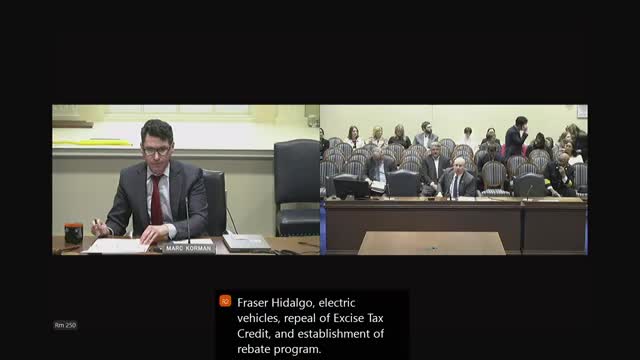
Sponsor seeks to convert electric vehicle tax credit to dealer‑fronted rebate; dealers support, fiscal limits flagged
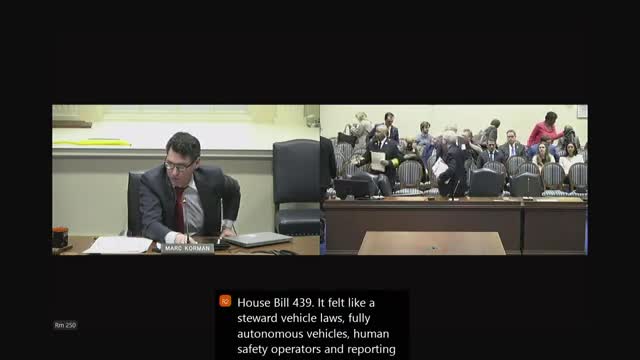
Sponsor seeks moratorium on humanless commercial trucks; unions and safety groups back required human safety operators and data reporting

Wicomico local bill would ban soliciting in roadways and medians; sponsors cite safety, opponents warn of constitutional legal risks
